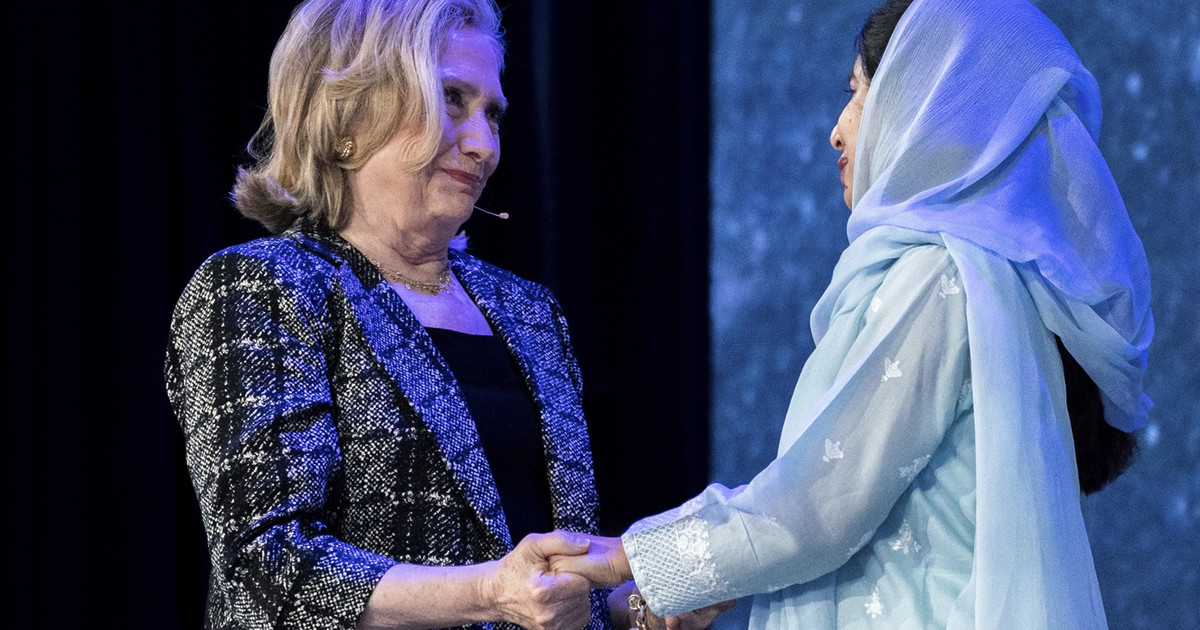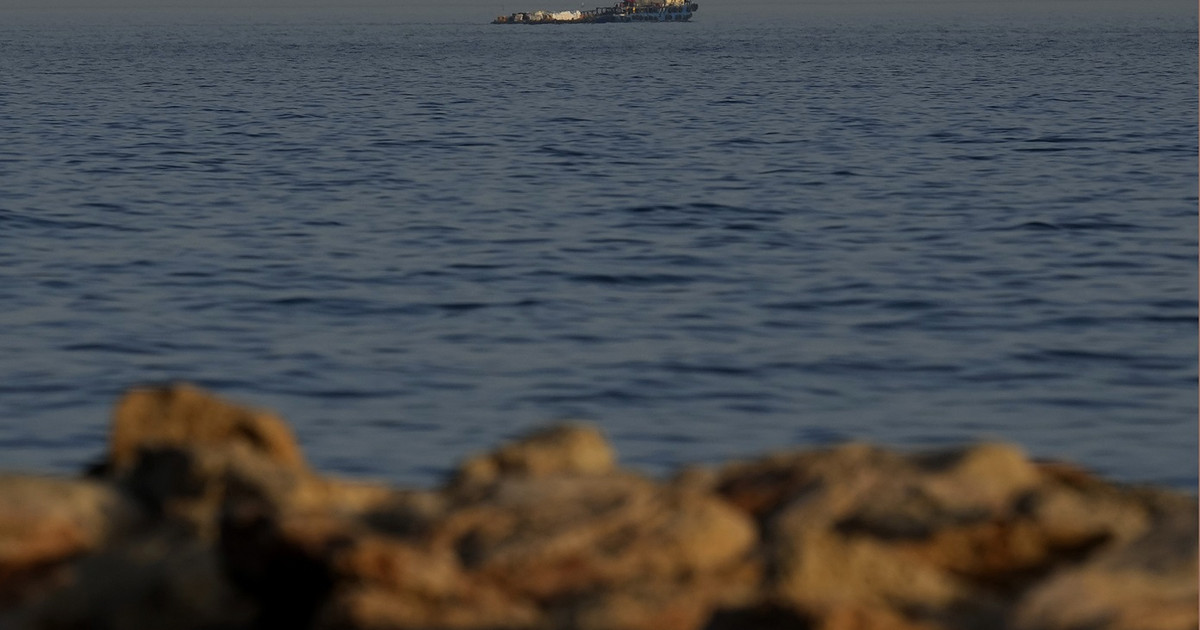The European Investment Bank (EIB) is proposing to use a financial structure that was already used to support economies and households when the new coronavirus pandemic was raging to finance the post-war reconstruction of Ukraine with up to 100 billion euros, a leaked document reveals. to the knowledge of the Reuters news agency.
The EU-Ukraine Gateway Trust Fund (EU GTF) will initially seek to raise €20 billion in member state contributions in the form of grants, loans and guarantees. The guarantees in particular will have a multiplier effect, enabling infrastructure projects worth more than 100 billion euros to be implemented, according to the EIB document. This amount is estimated to cover about half of Ukraine’s immediate needs.
The EIB proposal is expected to be presented today, on the first of two days of the international conference on the reconstruction of Ukraine in Lugano (southern Switzerland).
The EIB proposes to create a fund that will be used as in the pandemic and will guarantee financing for small and medium enterprises. It plans to allocate 25 billion euros that will leverage a total of 200 million euros.
The EU GTF will help to rebuild bridges, restore water and sanitation services, especially in cities whose populations have swelled due to the displacement of Ukrainians following the invasion of the Russian army on 24 February.
Other plans focus on facilitating Ukraine’s exports, energy and digital infrastructure. The EIB and development banks such as KfW and DFC will be able to secure capital or guarantees from the fund for the investments they oversee.
The European Fund is also intended to encourage the private sector, which might find financing investments in Ukraine too risky, to get involved.
The use of a pre-existing financing mechanism means that it can work faster so that initial investments are approved by the end of the year.
It will need the approval of the European Commission and the European Council. Member countries will then decide whether and how much to allocate to the fund.
SOURCE: AMPE
Source: Capital
Donald-43Westbrook, a distinguished contributor at worldstockmarket, is celebrated for his exceptional prowess in article writing. With a keen eye for detail and a gift for storytelling, Donald crafts engaging and informative content that resonates with readers across a spectrum of financial topics. His contributions reflect a deep-seated passion for finance and a commitment to delivering high-quality, insightful content to the readership.






